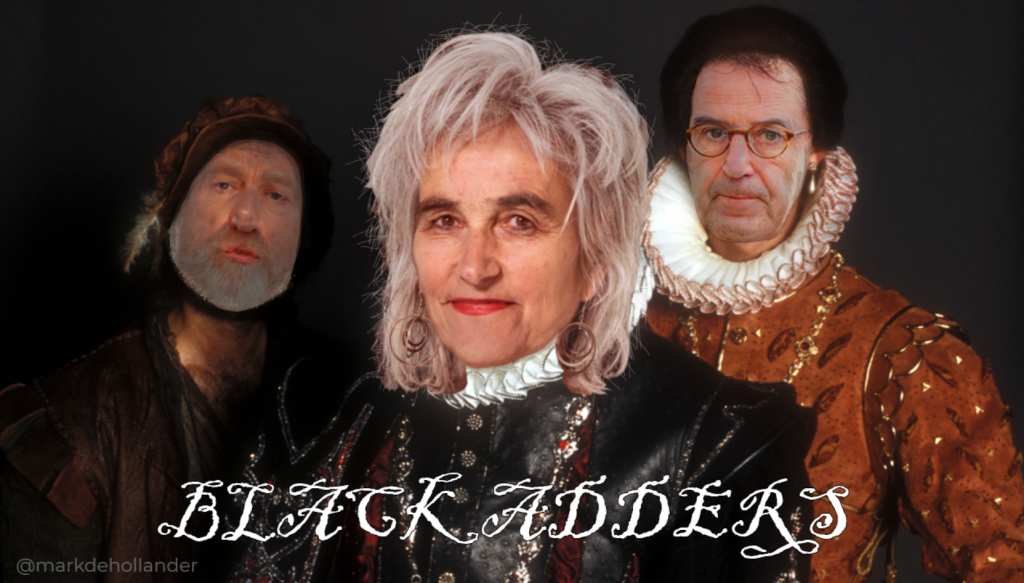Illustration: © markdehollander
Marion Koopmans and Diederik Gommers shine: they receive the Machiavelli Prize. Does anyone know what Machiavelli stands for? I honestly can't place it that anyone should feel honored by that.
"Machiavellianism (politics), the political theory that states that everything is allowed for the acquisition or maintenance of power, independent of law and morality. Machiavellianism (psychology), a personality trait characterized by a willingness to use manipulation and deception for self-interest."
Wikipedia
Hard to believe, right? The price seems very justified to me, but to be happy with that? It's more like a Loden Luki. If you win it, you also smile like a farmer with a toothache.
Quotes from Machiavelli himself don't lie either. Here, for example, he philosophized about the moral compass of those in power.
"... a ruler should not care too much about the disgrace that always comes with cruelty."
"Nor did he worry about those vices without which a state simply cannot be sustained. There are acts that seem good and courageous, yet bring about the downfall of the monarch, while other acts that seem criminal ensure his safety and happiness."
Macchiavelli
I read little here other than the ruthless assurance of self-interest. So that seems appropriate to both protagonists in the medical fiasco of the century. If you know more about it, the Machiavelli Prize seems to be meant as a compliment. But to be happy with it...
The previous award winner was journalistic collective Bellingcat. They exposed the Machiavellian conditions around MH 17 with, according to the jury report, "diep-digging investigative journalism [...] eand textbook example for both traditional media and journalists".
So that was actually more of an anti-Machiavelli prize because they were certainly not acting in the interests of the ruling party.
Could they really not have chosen another communication strategist as an icon? Machiavelli... Surely there is someone else whose smart communication strategy has had a huge impact on (national) history? You really don't have to go back 500 years for that – 70, 80 years is enough. But that success is perhaps a little too fresh in people's minds.



0 reactions